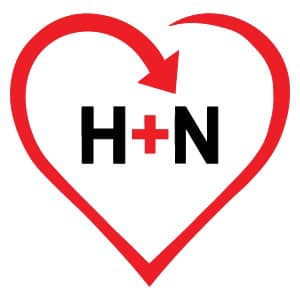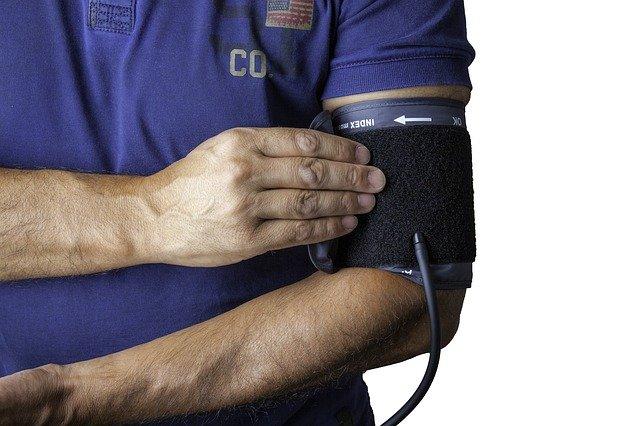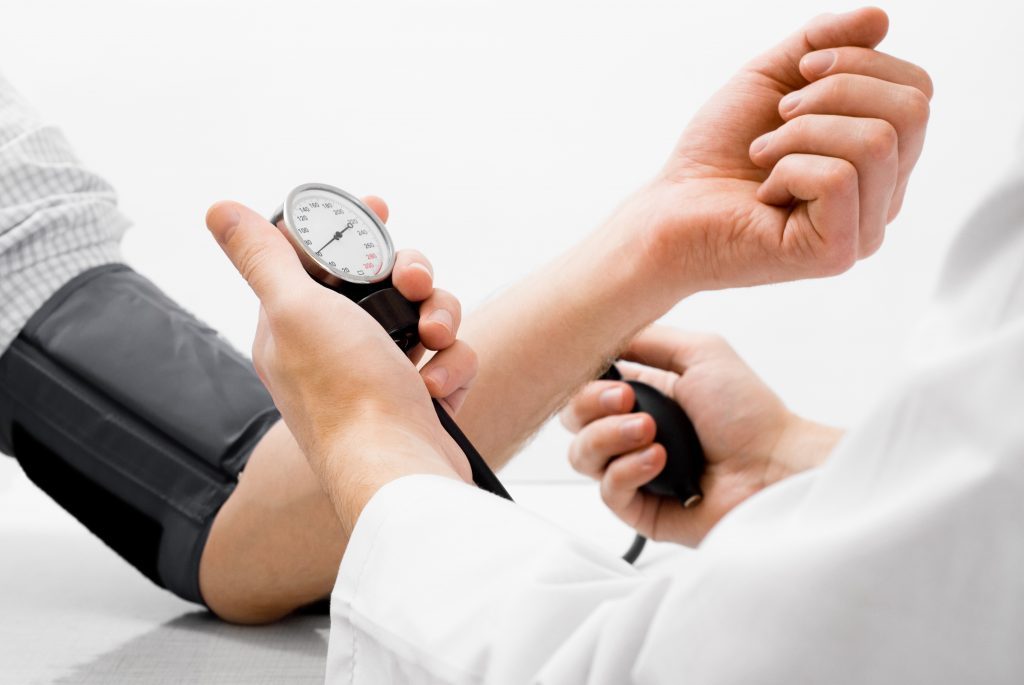High blood pressure, or hypertension, affects 68 million Americans, and it is the leading cause of strokes and heart attacks. Do you have high blood pressure, or are you at risk of getting it? Learn all about the causes of high blood pressure, as well as ways to prevent it below.
About High Blood Pressure
High blood pressure is called the silent killer, as it often has no warning signs or symptoms. This is especially scary, since high blood pressure can put you at risk for stroke, kidney disease, blindness, Alzheimer’s disease, leg amputation and more. High blood pressure is actually the leading risk factor of cardiovascular disease, which is the leading cause of death among men. Doctors consider a high blood pressure reading anything 120/80 or higher. Normal blood pressure for men and women is anything below 120/80. While blood pressure typically rises as people age, healthy lifestyle changes and medications may prevent or delay hypertension and other health problems.
Does High Blood Pressure Discriminate?
There is no single cause of hypertension in more than 90% of those diagnosed with high blood pressure. Some causes of high blood pressure may include a family history of the condition, emotional stress, sedentary lifestyle, aging, obesity, alcohol consumption, smoking, drug usage and a high-sodium diet. Other causes of high blood pressure include gender, as women are at a higher risk than men, and race, as African-Americans are twice as likely to get high blood pressure than Caucasians. While you can’t do anything about your age, sex or race, you can take steps to reduce lifestyle risk factors by quitting smoking, eating healthy and exercising more.
High Blood Pressure Prevention
You can avoid hypertension by making certain lifestyle changes. First of all, eat a healthy diet that includes lots of fresh fruits and vegetables, nutrients such as potassium and fiber, as well as foods that are low in saturated fats and cholesterol. You can also lower your blood pressure by consuming no more than 2,400 milligrams of sodium daily. The DASH Diet actually outlines all the foods you can and cannot eat if you have high blood pressure. Physical activity can also help to lower blood pressure. Additionally, people can maintain steady blood pressure levels by not smoking, limiting alcohol use and managing their current medical conditions such as diabetes.
High Blood Pressure Treatment
Hypertension cost the United States $93.5 billion in health care services, medications and missed days of work in 2010. Don’t let high blood pressure bankrupt you or waste your precious vacation days. You can treat high blood pressure by maintaining an active lifestyle, losing weight, and making healthy diet choices. However, sometimes a healthy lifestyle alone cannot decrease your high blood pressure, so doctors may prescribe medication(s) to help treat it. In many cases, your doctor will prescribe a diuretic in addition to angiotensin converting enzyme (ACE) inhibitors, angiotensin receptor blockers (ARBs), beta-blockers or calcium channel blockers.
Living with High Blood Pressure
The best way to manage your blood pressure is to know your blood pressure levels. This means regularly seeing your doctor and/or monitoring your pressure yourself. Digital blood pressure monitors or wrist monitors make it easy for you to measure your blood pressure at home. If you are taking prescription blood pressure medications, you should take them exactly as directed by your doctor. In addition, as mentioned above, a key factor in managing your blood pressure is simply living healthier, which includes fitness and exercise, a healthy diet, going smoke-free, limiting alcohol consumption and losing weight.
Some causes of high blood pressure are simply unavoidable. However, if you follow your doctor’s treatment plan, live a healthy lifestyle and take prescribed medications as directed, you should be able to lower your blood pressure and/or maintain a healthy blood pressure, so that you can live a better life.




Leave a comment
This site is protected by hCaptcha and the hCaptcha Privacy Policy and Terms of Service apply.